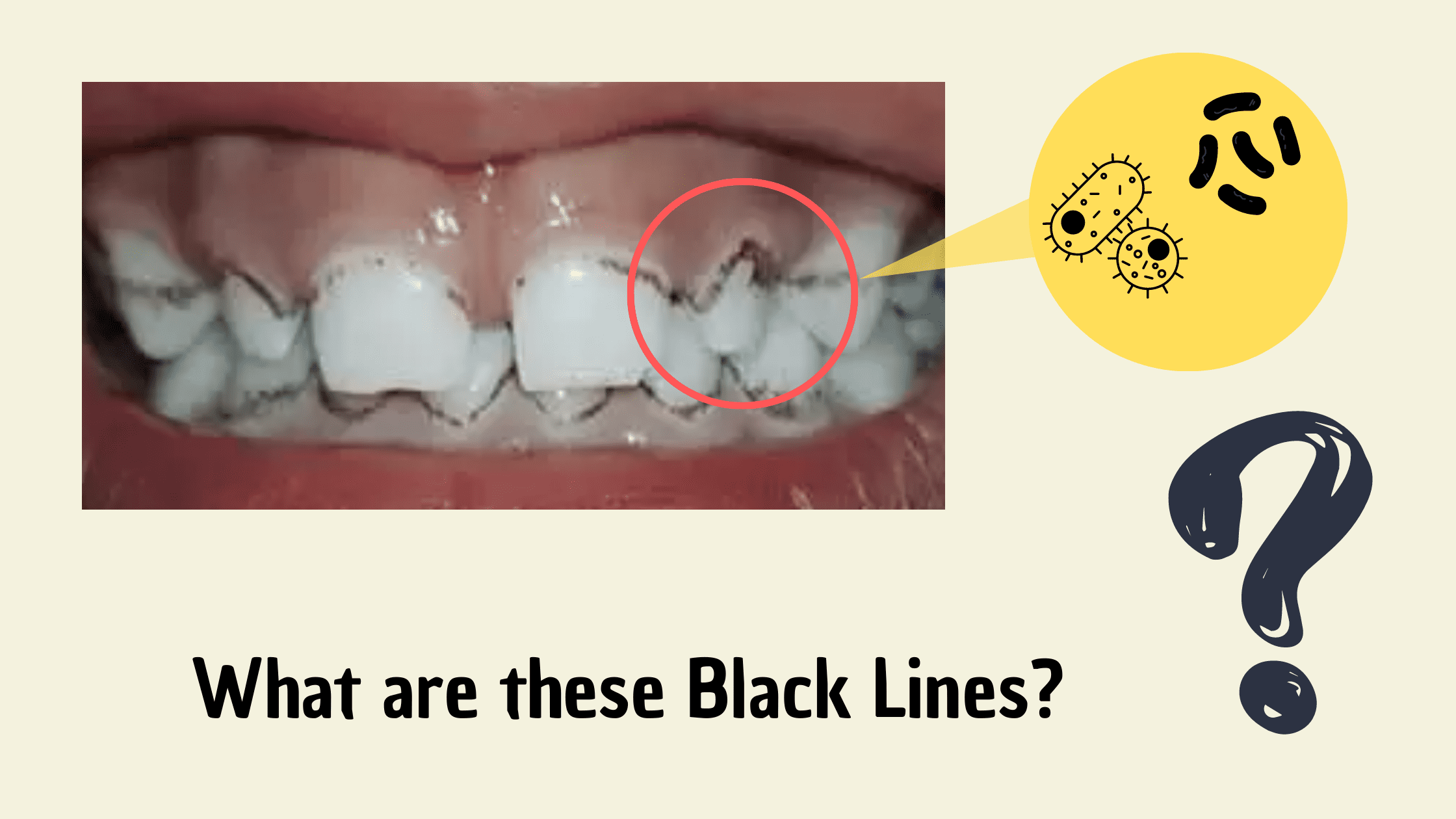Perimenopause Dry Mouth Relief Found
The onset of perimenopause can bring about a myriad of symptoms, many of which are not openly discussed but significantly impact the quality of life for millions of women worldwide. One such symptom is dry mouth, also known as xerostomia, which can range from mildly uncomfortable to severely debilitating. Dry mouth during perimenopause is primarily attributed to hormonal fluctuations, particularly the decrease in estrogen levels. Estrogen plays a crucial role in maintaining the health and function of the mucous membranes, including those in the mouth. As estrogen levels drop, it can lead to reduced saliva production, resulting in the sensation of dryness in the mouth.
Understanding the Causes
To combat dry mouth effectively, it’s essential to understand its underlying causes. Hormonal changes are the primary cause, but other factors can exacerbate the condition. These include:
- Medications: Certain medications, such as antihistamines, decongestants, and some blood pressure medications, can reduce saliva production as a side effect.
- Lifestyle Choices: Smoking and the consumption of alcohol or caffeine can contribute to dry mouth by further reducing saliva production and irritating the mucous membranes.
- Medical Conditions: Autoimmune diseases like Sjögren’s syndrome can directly affect the salivary glands, leading to dry mouth.
Natural Relief Strategies
Fortunately, there are several natural strategies that can provide relief from dry mouth during perimenopause. Incorporating these into daily life can make a significant difference in managing the symptom:
- Stay Hydrated: Drinking plenty of water throughout the day can help keep the mouth moist. Aim for at least eight glasses of water a day, and consider keeping a glass of water beside your bed at night to sip on if you wake up with a dry mouth.
- Sugar-Free Gum and Candy: Chewing sugar-free gum or sucking on sugar-free hard candies can stimulate saliva production. Look for products that contain xylitol, which can help prevent tooth decay.
- Saliva Substitutes: For severe cases, saliva substitutes can provide temporary relief. These can be found over-the-counter and come in various forms, including sprays, gels, and swabs.
- Oral Rinses: Using a fluoride mouthwash can help protect teeth from decay, which is more common with dry mouth. However, avoid mouthwashes that contain alcohol, as they can exacerbate dry mouth.
- Humidifier: Running a humidifier in your home, especially in your bedroom at night, can add moisture to the air, helping to keep your mouth and throat moist.
- Dietary Adjustments: Eating foods that stimulate saliva production, such as sour candies or citrus fruits, can help. Also, opting for soft, moist foods can make eating more comfortable.
Medical Interventions
For some women, natural relief strategies may not be enough, and medical intervention may be necessary. Consulting with a healthcare provider can lead to several solutions:
- Hormone Replacement Therapy (HRT): While not directly aimed at dry mouth, HRT can help alleviate some perimenopausal symptoms, potentially including dry mouth, by stabilizing hormonal levels.
- Saliva Stimulants: Prescription medications like pilocarpine can stimulate saliva production. These are usually considered for severe cases where natural methods are ineffective.
- Customized Dental Care: Regular dental check-ups are crucial for managing dry mouth, as the risk of tooth decay and other oral health issues increases with reduced saliva production. A dentist can provide personalized advice and treatments, such as fluoride varnishes, to protect teeth.
Conclusion
Perimenopausal dry mouth, while challenging, is not an irreversible condition. By understanding its causes, incorporating natural relief strategies, and, when necessary, seeking medical interventions, women can find significant relief. It’s also important to remember that you’re not alone in this journey. Open dialogue with healthcare providers, family, and friends can provide emotional support and help in navigating the challenges of perimenopause, ensuring that this transitional phase does not overshadow the joy and fulfillment that life has to offer.
FAQs
What are the first signs of dry mouth during perimenopause?
+The first signs can include a sticky, dry feeling in the mouth, difficulty swallowing, and changes in taste. Some women may also experience bad breath or notice an increase in tooth decay.
Can dry mouth during perimenopause lead to other oral health issues?
+Yes, dry mouth can increase the risk of tooth decay, gum disease, and mouth infections. The lack of saliva allows bacteria to thrive, leading to these issues. Regular dental care and check-ups are crucial during this time.
How long does dry mouth typically last during perimenopause?
+The duration of dry mouth can vary significantly among women. For some, it may be a temporary symptom that resolves on its own or with treatment, while for others, it may persist into menopause and beyond, requiring ongoing management.
Are there any alternative therapies that can help with dry mouth during perimenopause?
+Yes, certain alternative therapies like acupuncture and herbal supplements have been explored for their potential in alleviating dry mouth symptoms. However, it’s crucial to consult with a healthcare provider before starting any new therapies to discuss potential benefits and risks.
How can I prevent dry mouth from affecting my daily life during perimenopause?
+By implementing the natural relief strategies mentioned, such as staying hydrated, using sugar-free gum, and maintaining good oral hygiene, you can reduce the impact of dry mouth on your daily life. Open communication with your healthcare provider and adapting to your body’s changes can also make a significant difference.

